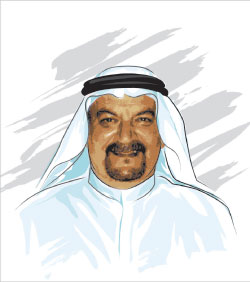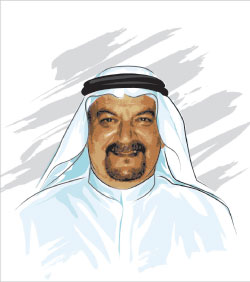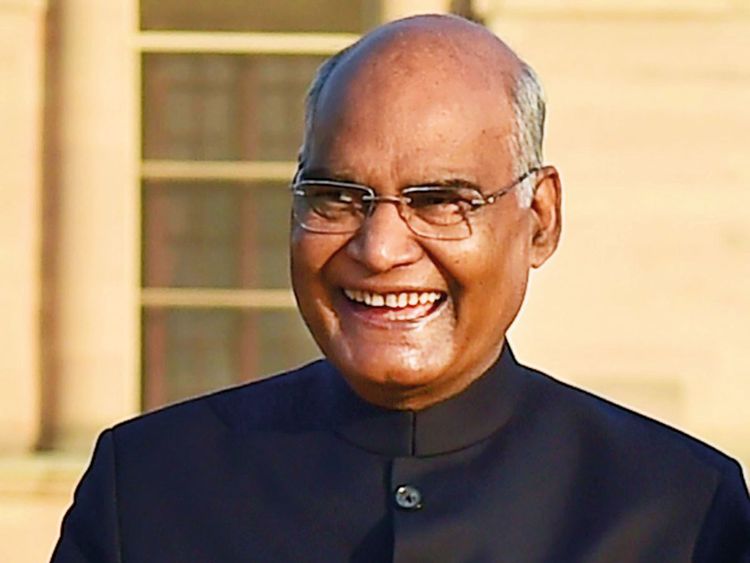Human rights in Kashmir ‘international issue’: UK

https://nation.com.pk/NewsSource/agencies
Agencies
September 04, 2019
London - New British Foreign Secretary Dominic Raab told the House of Commons that the human rights situation in Jammu and Kashmir following the lockdown of the region by the Modi government for over four weeks is “an international issue”.
READ MORE: Textile industry ready to adopt renewable energy solution
As soon as the UK parliament commenced proceedings on Tuesday after a long summer recess, a barrage of aggressive questions from around 15 MPs greeted Raab from all sections of the house on the Modi administration’s treatment of people in Kashmir following abrogation of Jammu and Kashmir’s special status. The questioners included Emily Thornberry, the shadow foreign secretary, who raised the matter of unlawful “detentions” by Indian authorities. Replying to a question from Steve Baker, Conservative MP from Whycombe, Raab said, “The issue of human rights is not just a bilateral, or domestic issue for India or Pakistan - it is an international issue.” He added, “We should, with all our partners, expect internationally recognised standards of human rights to be complied with and respected.”
Anne Main, another Conservative MP, compared the state of affairs in Kashmir to the Rohingya crisis. However, Raab repeatedly made statements which queried the BJP government’s democratic and human rights credentials.
“We are concerned about the situation in Kashmir...It is important that internationally recognised human rights are fully respected...There are duties owed to the international community at large, and we will certainly be scrutinising the situation carefully to see that those rights are respected...I raised concerns about the situation with Indian FM Jaishankar on August 7.” Raab’s comment in the Commons amounted to a distinct ratcheting up of Britain’s concern about the Modi government’s move in Kashmir.
Meanwhile, thousands of British Pakistani and Kashmiri community members held a big demonstration outside the United Kingdom Parliament on Tuesday, and strongly condemned the ongoing brutalities and gross human rights violations and atrocities against defenceless people of Indian occupied Kashmir and complete lockdown of the occupied valley.
The participants comprising Lords, members of parliament, Councillors and people belonging to different walks of life including men, women and children chanted anti-India, anti-Modi and pro-Kashmir freedom movement slogans.
They also called upon the international community, peace and democracy-loving nations including the United Kingdom to mount pressure on India to bring an end to atrocities and massive violations of human rights by Indian Prime Minister Narendra Modi led fascist Indian government, against the defenseless people of Indian occupied Kashmir, who were struggling for freedom from Indian subjugation and their birthright to self determination granted to them by United Nations Security Council some 22 years ago.
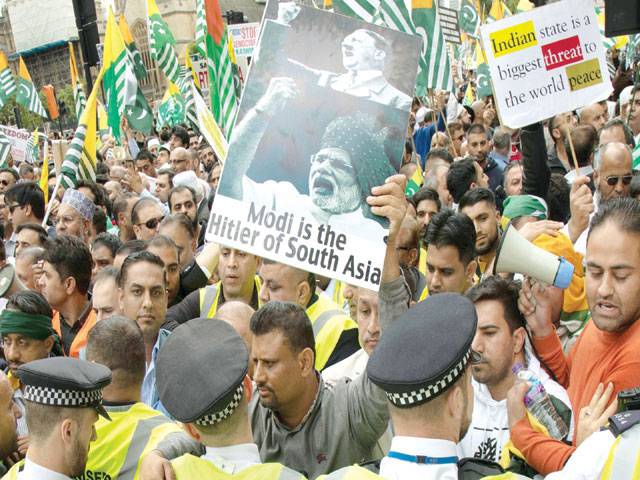
 nation.com.pk
nation.com.pk
Thousands stage anti-India protest outside UK Parliament

https://nation.com.pk/NewsSource/agencies
Agencies
September 04, 2019
London - New British Foreign Secretary Dominic Raab told the House of Commons that the human rights situation in Jammu and Kashmir following the lockdown of the region by the Modi government for over four weeks is “an international issue”.
READ MORE: Textile industry ready to adopt renewable energy solution
As soon as the UK parliament commenced proceedings on Tuesday after a long summer recess, a barrage of aggressive questions from around 15 MPs greeted Raab from all sections of the house on the Modi administration’s treatment of people in Kashmir following abrogation of Jammu and Kashmir’s special status. The questioners included Emily Thornberry, the shadow foreign secretary, who raised the matter of unlawful “detentions” by Indian authorities. Replying to a question from Steve Baker, Conservative MP from Whycombe, Raab said, “The issue of human rights is not just a bilateral, or domestic issue for India or Pakistan - it is an international issue.” He added, “We should, with all our partners, expect internationally recognised standards of human rights to be complied with and respected.”
Anne Main, another Conservative MP, compared the state of affairs in Kashmir to the Rohingya crisis. However, Raab repeatedly made statements which queried the BJP government’s democratic and human rights credentials.
“We are concerned about the situation in Kashmir...It is important that internationally recognised human rights are fully respected...There are duties owed to the international community at large, and we will certainly be scrutinising the situation carefully to see that those rights are respected...I raised concerns about the situation with Indian FM Jaishankar on August 7.” Raab’s comment in the Commons amounted to a distinct ratcheting up of Britain’s concern about the Modi government’s move in Kashmir.
Meanwhile, thousands of British Pakistani and Kashmiri community members held a big demonstration outside the United Kingdom Parliament on Tuesday, and strongly condemned the ongoing brutalities and gross human rights violations and atrocities against defenceless people of Indian occupied Kashmir and complete lockdown of the occupied valley.
The participants comprising Lords, members of parliament, Councillors and people belonging to different walks of life including men, women and children chanted anti-India, anti-Modi and pro-Kashmir freedom movement slogans.
They also called upon the international community, peace and democracy-loving nations including the United Kingdom to mount pressure on India to bring an end to atrocities and massive violations of human rights by Indian Prime Minister Narendra Modi led fascist Indian government, against the defenseless people of Indian occupied Kashmir, who were struggling for freedom from Indian subjugation and their birthright to self determination granted to them by United Nations Security Council some 22 years ago.

Human rights in Kashmir ‘international issue’: UK
London - New British Foreign Secretary Dominic Raab told the House of Commons that the human rights situation in Jammu and Kashmir following the lockdown of

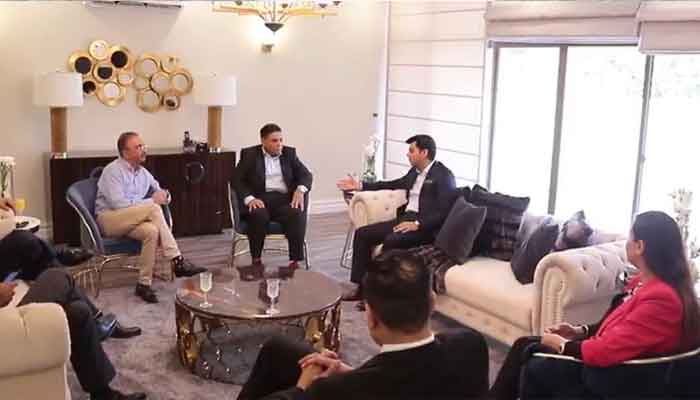
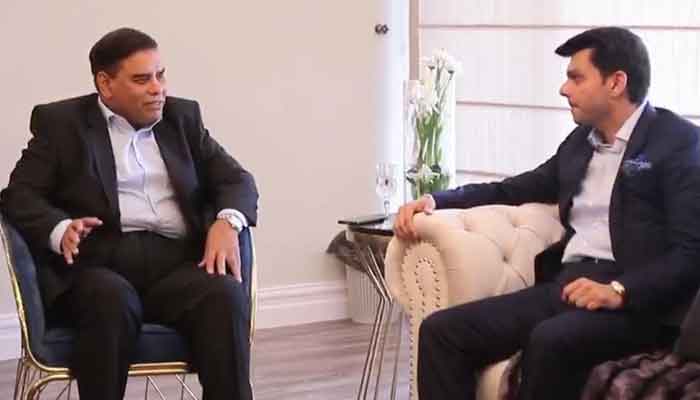

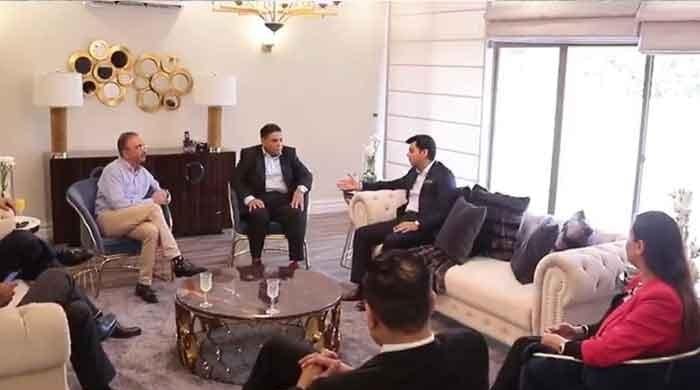
![Some 17 million people were displaced during the partition of British India into India and Pakistan [File: Max Desfor/AP Photo] Some 17 million people were displaced during the partition of British India into India and Pakistan [File: Max Desfor/AP Photo]](/proxy.php?image=https%3A%2F%2Fwww.aljazeera.com%2Fmritems%2Fimagecache%2Fmbdxxlarge%2Fmritems%2FImages%2F2017%2F11%2F6%2F0a1f4b2ad0e34e3ea1c435d2c64c6efa_18.jpg&hash=37eafacf46438cb7b0e7e807b126d75b)
